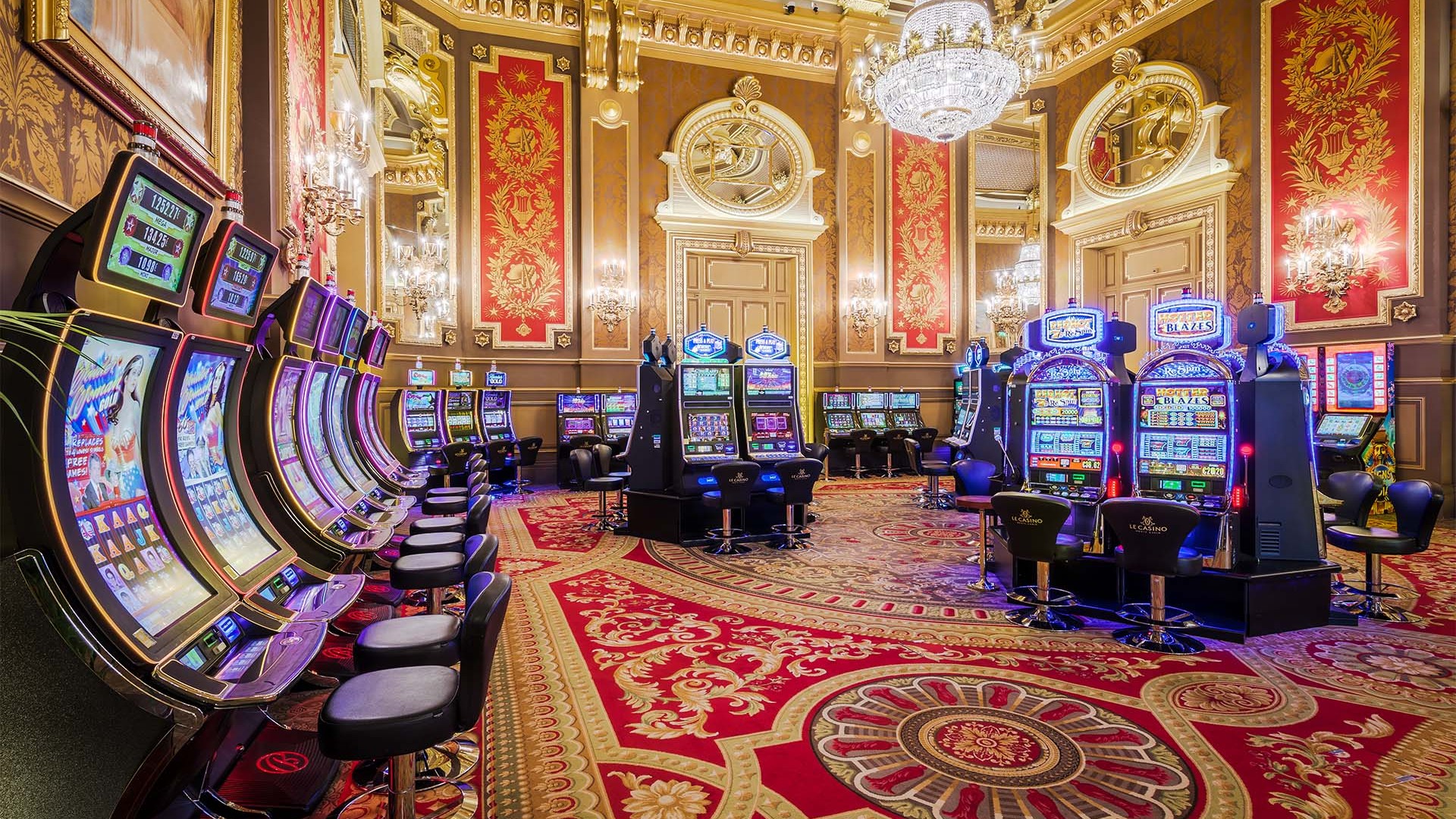A Day in the Routine of a Gaming Game Operator

Within the lively world of gambling halls, in which the air humms with excitement and the clattering of tokens fills the space, the position of a dealer is both crucial and captivating. Each day, these skilled experts step into a world where luck and strategy converge, guiding players through the ups and downs of their chosen casino titles. From card games like blackjack and poker to the revolving wheels of roulette, dealers facilitate the gameplay while ensuring that each game operates smoothly and honestly.
As the day breaks on another bustling day, a casino game dealer gets ready to dive in this dynamic environment. Their responsibilities extend beyond merely dealing cards or turning a roulette wheel; they are also entertainers, service providers, and guardians of the game regulations. Each workday brings new challenges and experiences, making every day unique in the life of a casino dealer. This insider look will explore the daily routine of a casino dealer, highlighting the skills and insights that make this profession both thrilling and fulfilling.
The Role of a Casino Table Dealer
A gambling table croupier is at the core of the gaming experience, managing the progress of the play while ensuring that players are engaged and enjoying themselves. Their main duty is to manage the game, which includes dealing cards, spinning the wheel, or handling the chips, depending on the type of game being played. Croupiers must possess a thorough understanding of the regulations and regulations governing each type of game, while also upholding a friendly and welcoming demeanor to enhance the gambling atmosphere.
In addition to managing the play, dealers must also monitor on the players and the surroundings around the game. This includes watching for any indications of cheating, ensuring that everyone is following the rules, and addressing any disputes that may arise among players. Strong communication skills are vital, as croupiers often provide explanations about the game's mechanics and give assistance to those who may be novice to casino games.
Moreover, a dealer's role extends past just the mechanical aspects of the game. They play a key part in creating an immersive experience for the players. This necessitates building a connection with patrons, being sensitive to their wants, and often injecting an element of entertainment into the play. It’s this combination of skill, vigilance, and interpersonal relationship that makes the role of a casino table croupier both demanding and rewarding in the dynamic world of gambling games.
Responsibilities and Challenges in Daily Operations
One of the key responsibilities of a dealer in a casino is to supervise the multiple games available at their table, making sure a seamless and satisfying experience for players. F168 Dealers must be adept at dealing cards, managing chips, and maintaining the continuity of the game. This necessitates a sharp understanding of the rules of each game, from blackjack to roulette, and the ability to address players' questions while maintaining the game moving. Attention to precision is essential, as dealers must monitor bets, disburse winnings correctly, and watch for any cheating or discrepancies at the table.
In addition to managing the game itself, dealers encounter challenges such as managing difficult players. The casino environment can be high-pressure, particularly during intense games, and a dealer must remain composed and maintain professionalism at all times. They need robust interpersonal skills to handle interactions with players who may be frustrated about losses or dissatisfied with the game's pace. Navigating these situations delicately is important in ensuring a friendly atmosphere on the casino floor.
Another major responsibility is maintaining the honesty of the game. Dealers must be vigilant and attentive, watching for any signs of player cooperation or cheating among players. This involves not only a strong knowledge of the games but also an awareness of human behavior. They must also follow the casino's regulations and procedures, taking part in regular training sessions to stay informed on rules and protocols. Balancing these responsibilities while providing excellent customer service is what makes the role both difficult and fulfilling for a casino game dealer.
Qualities and Traits for Achievement
A effective casino game dealer must demonstrate superior communication skills. This includes merely the ability to effectively explain game rules and procedures to players but also the capacity to interact with them in a approachable and professional manner. Cultivating rapport with customers can enhance the gaming experience and inspire repeat visits to the casino. Effective communication enables dealers to manage tables seamlessly while ensuring that players feel valued.
Moreover, robust mathematical skills are essential for a dealer. Quick arithmetic are often required to follow bets, payouts, and game outcomes in real-time. A dealer’s ability to perform these math operations accurately and swiftly contributes to the overall efficiency of the game. This skill helps in maintaining the flow of play and in minimizing disputes or misunderstandings with players, which is crucial in a fast-paced casino environment.
Lastly, an ideal casino game dealer should demonstrate integrity and professionalism at all times. Trust is a vital component of the gaming experience, and players must feel confident that the games are conducted equitably and clearly. A dealer's commitment to upholding high ethical standards fosters a welcoming atmosphere at the table and enhances the casino's standing. Being reliable in behavior ensures that dealers leave a enduring impression on guests, which can lead to a dedicated customer base.

